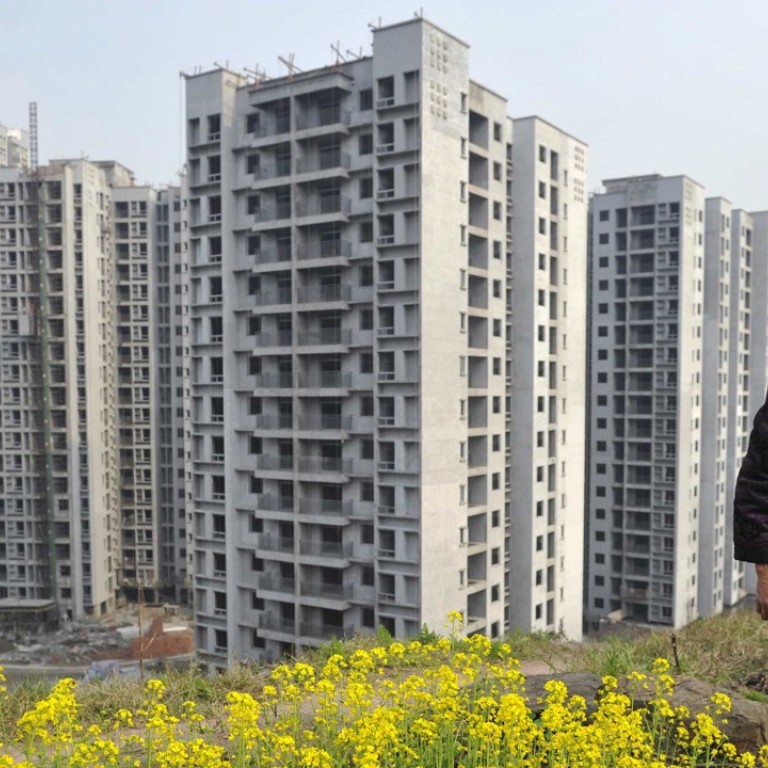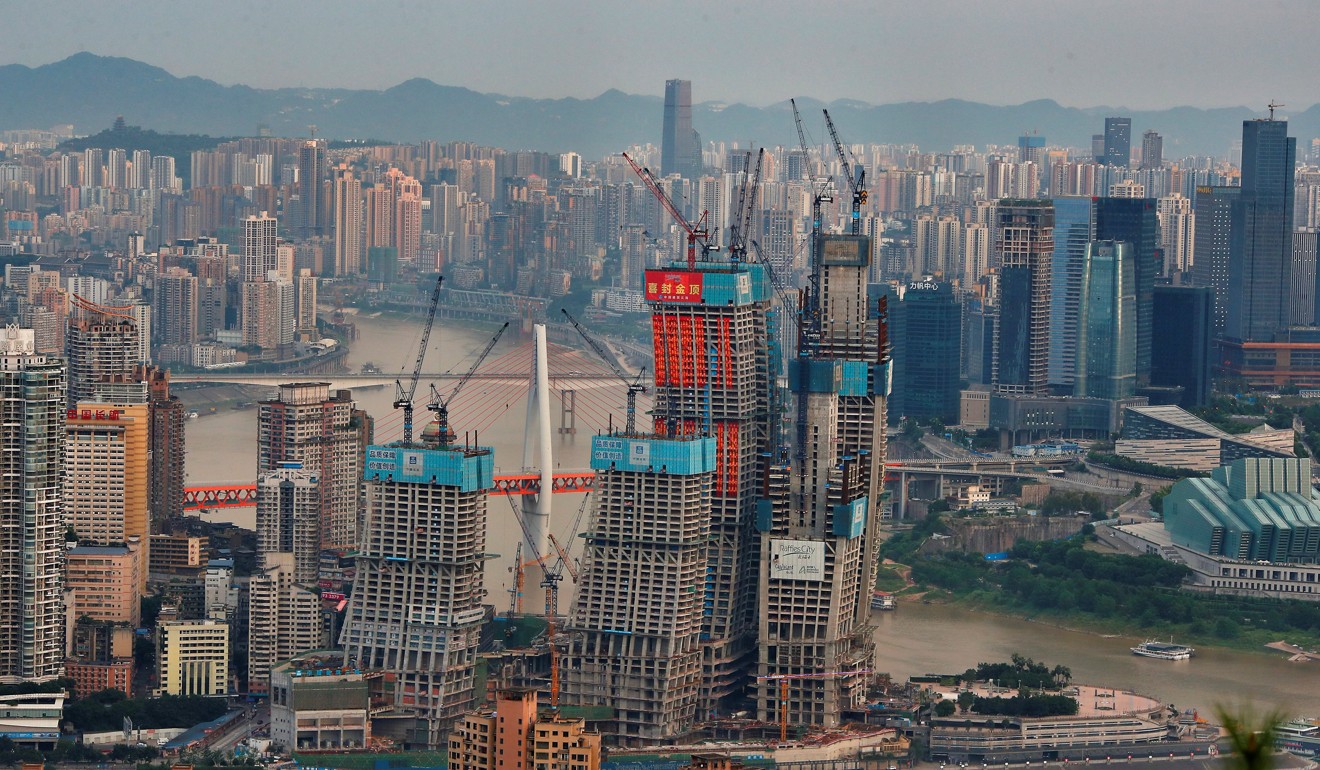
New homeowners can’t resell for up to three years under new rules in five Chinese cities
Measures introduced in Chongqing, Nanning, Nanchang, Changsha and Xian aimed at cooling red-hot property market
China has introduced a fresh round of measures to cool the property market in five cities, including a freeze on the sale of newly purchased flats for up to three years.
The measures – announced by the local authorities on Friday night and effective from Saturday – come at a politically sensitive time ahead of the Communist Party congress next month at which President Xi Jinping will consolidate his power.
Property owners in Chongqing in the southwest, Nanning, in the southern Guangxi region, and Nanchang in southeastern Jiangxi province must now wait two years before they can resell flats, regardless of whether they are new builds or older homes.
In Changsha, capital of central Hunan province, newly purchased flats cannot be resold for three years, while in Xian, in central Shaanxi, property owners need approval from the authorities to resell.
The four provincial capitals all have populations of more than six million people, while Chongqing municipality – which is directly controlled by the central government – is home to more than 30 million.
Some of the cities have also restricted the number of properties that can be bought to one per household over a period of two or three years, among other curbs.

Real estate prices in China’s big cities have skyrocketed since the government began allowing private ownership of homes in 1998, and Beijing and Shanghai are now ranked among the top 10 most expensive cities in the world.
Clement Chan Kam-wing, managing director of assurance at Hong Kong accounting firm BDO, said the government was sending a clear message with the latest restrictions.
“This basically says that the Communist Party is closely watching the property market,” Chan said. “The timing is deliberate [ahead of the party congress] – and it looks like this has come directly from the central government.
“There seem to be bubbles forming in the property sector in the first- and second-tier cities. These type of restrictions are a way to get the market back on track,” he said.
Policymakers were now starting to zero in on second-tier cities, according to Yan Yuejin, research director at Shanghai-based E-house China R&D Institute.
“Most of these cities where the new measures apply are second-tier provincial capitals,” Yan said. “These cities were late to introduce curbs on homebuyers and some of them previously didn’t have any restrictions on property purchases.
“The reason the government is now restricting sellers rather than buyers is that these cities need to destock while at the same time controlling housing prices,” he said. “So by limiting sales, the government can guide the market towards destocking and also prevent short-term speculation.”
David Hong, head of research at China Real Estate Information, agreed that the latest measures were aimed at stopping speculative buying and selling.
“We’ll see more tightening measures rolled out during the National Day holiday,” Hong said, referring to the “golden week” holiday from October 1.
But according to Hong Kong financial services sector lawmaker Christopher Cheung Wah-fung, the latest curbs are a temporary measure introduced at a politically important time.
“In the lead-up to the 19th party congress, the leadership is seeking to maintain stability,” Cheung said. “But these restrictions violate the rules of a market economy. So in the long term, keeping them in place will take a toll on the country’s development.”
He added that the mainland Chinese property market had been overheating, with a vacancy rate of 60 per cent at some new developments.

